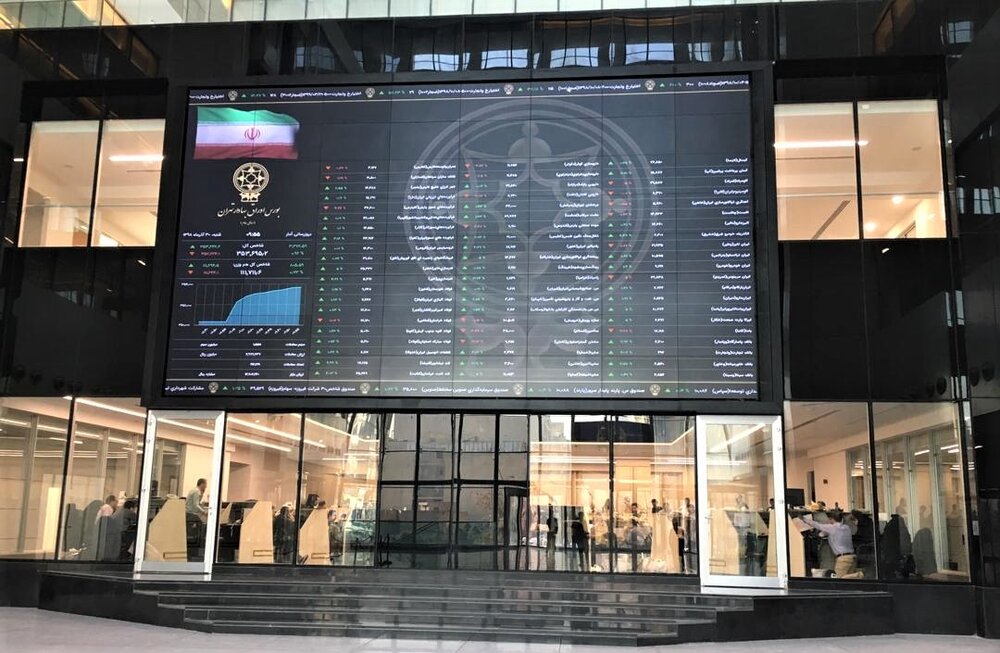Government determined to support capital market

TEHRAN- Capital market in a country eliminates the enterprises’ need for external financing that requires forex rate risk; and plays an important role in risk sharing and the effectiveness of capital allocation in various economic sectors, and as a result increases economic growth and welfare in society.
In Iran, where the capital market plays a small role in the long-term financing of enterprises, the government can play an important role in the development of the capital market and take initiatives to develop this market and increase its efficiency.
Two recent measures taken by the Iranian government indicate that the government is determined to support the capital market and strengthen this market’s role in the national economy.
The first one was the six clauses in the national budget bill for the next Iranian calendar year (starts on March 21) on supporting the capital market.
The budget bill, submitted by president to the parliament on December 12, has paid special attention to the capital market and bourse companies.
The measures considered in the budget bill and its overall positive effects on the capital market includes 1- Reforming the price of gas feed, as well as electricity, water, oxygen and other utilities for the petrochemical units, refineries, steel reduction units, and downstream industries 2-Reducing taxes on production units active in the stock market 3- Strengthening Capital Market Development and Stabilization Fund 4- Reducing the government’s revenue from selling bonds 5-Eliminating subsidized foreign currency allocations 6- Eliminating pre-ordered pricing.
Reducing the taxes imposed on production units will make them more profitable and therefore their performance in the stock market will improve.
Also, the direct taxes collected from production units is expected to be injected into Capital Market Development and Stabilization Fund in order to be used to improve and develop the market.
Based on the next year’s budget bill, no subsidized foreign currency will be allocated to special entities to import certain goods. Experts and analysts believe that this decision is going to have a very positive impact on the stock market since it will prevent rent and unrealistic pricing.
The draft of the national budget bill also indicates that the government will be less reliant on the stock market to compensate deficits and fund various development projects, which is another positive aspect of the mentioned bill since the stock market will be less affected by the politics and will follow a normal trend created by supply and demand.
The government’s second measure, which is also for the profitability of production activities and bourse industries, and a promising market outlook, was approving a 10-article package to support this market in the meeting of the Government’s Economic Coordination Headquarters on December 19.
The ten strategic decisions made in the mentioned headquarters are as follows:
1- Next year, the price ceiling of petrochemical units’ gas feed will be 50,000 rials (17 cents) per cubic meter, ie the export rate. Also, gas fuel for steel mills will be 40 percent of the price of petrochemical feed, previously this reference was 100 percent, which has now reached 40 percent, ie each cubic meter will be a maximum of 20,000 rials (six cents). And, the rate for the cement industry’s feed is equal to 10 percent of the feed rate of the petrochemical industry. Of course, all this requires the approval of the budget bill.
2- The production units’ tax will be reduced by five percent next year.
3- The formula for the government’s earning from the mines will not change next year.
4- Equivalent to the stock market transfer tax is allocated to strengthen Capital Market Development and Stabilization Fund.
5- In addition to the previous securities, 300 trillion rials (about $1.034 billion) will be allocated for Capital Market Development and Stabilization Fund, provided that the market situation is suitable.
6- 10 percent of the state-owned shares in the initial public offering market will be used for the stock marketing of the same shares.
7- The issuance of government bonds in the market is done by observing 50 percent of the inflow of resources to the capital market. That is, government bonds are issued in the months when the cash flow is higher
8- Central Bank of Iran (CBI) is required to announce the forex rate of government assets equal to 90 percent of the rate of the Nima system (Forex Management Integrated System, locally known as NIMA) in the last six months, which has been demanded by those active in the banking and stock exchange sectors.
9- The head of Securities and Exchange Organization (SEO) is invited to the meetings of Economic Headquarters and the committee of "V" of paragraph 5.
10- CBI sets an interbank interest rate of 20 percent to intervene in the secondary securities market.
As stated by Finance and Economic Affairs Minister, the serious message of this approved package is to harmonize and coordinate the policies of the CBI and Finance and Economic Affairs Ministry.
Speaking in a live TV program after the meeting of Economic Coordination Headquarters, in which the ten mentioned directives were approved, Khandouzi said, “The 10 decisions taken tonight at Government Economic Headquarters, and such a package, which indicates the convergence between the CBI, Finance and Economic Affairs Ministry, and Planning and Budget Organization (PBO), has been unprecedented for the capital market participants.”
As the minister emphasized, the government’s objective behind this package is the profitability of bourse industries and production, as well as creating hope for the people and those active in the capital market.
